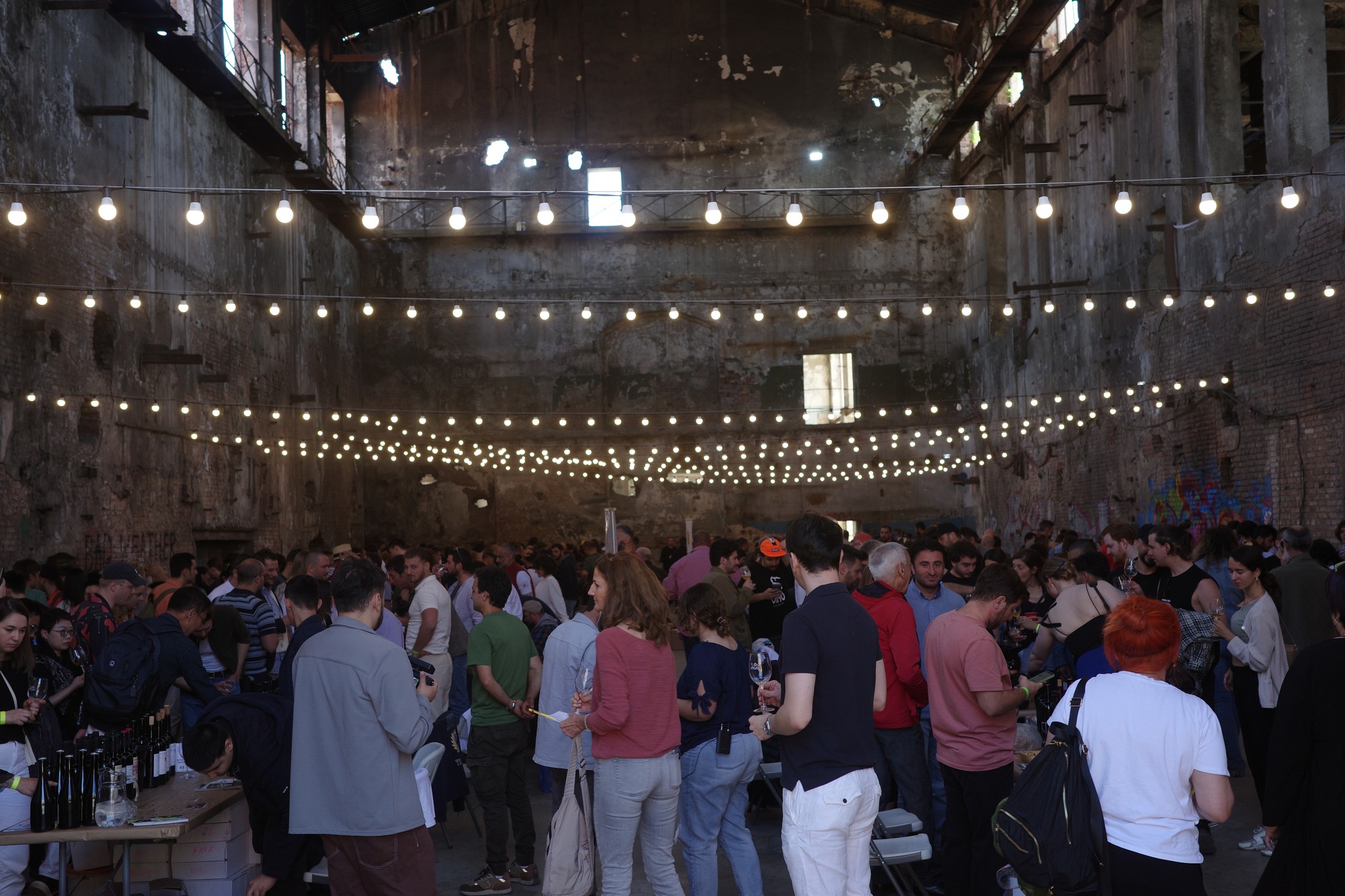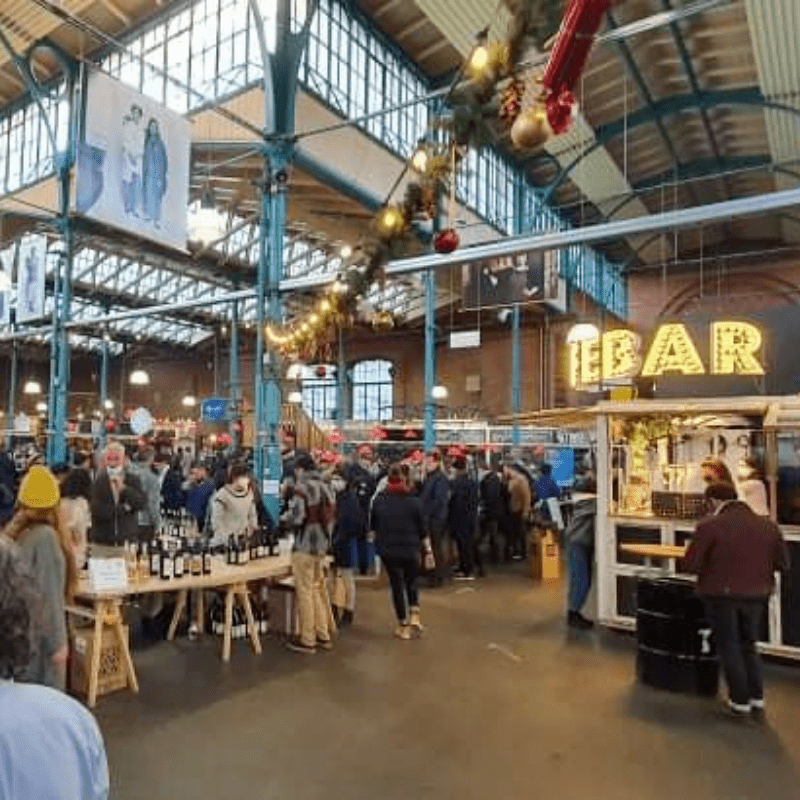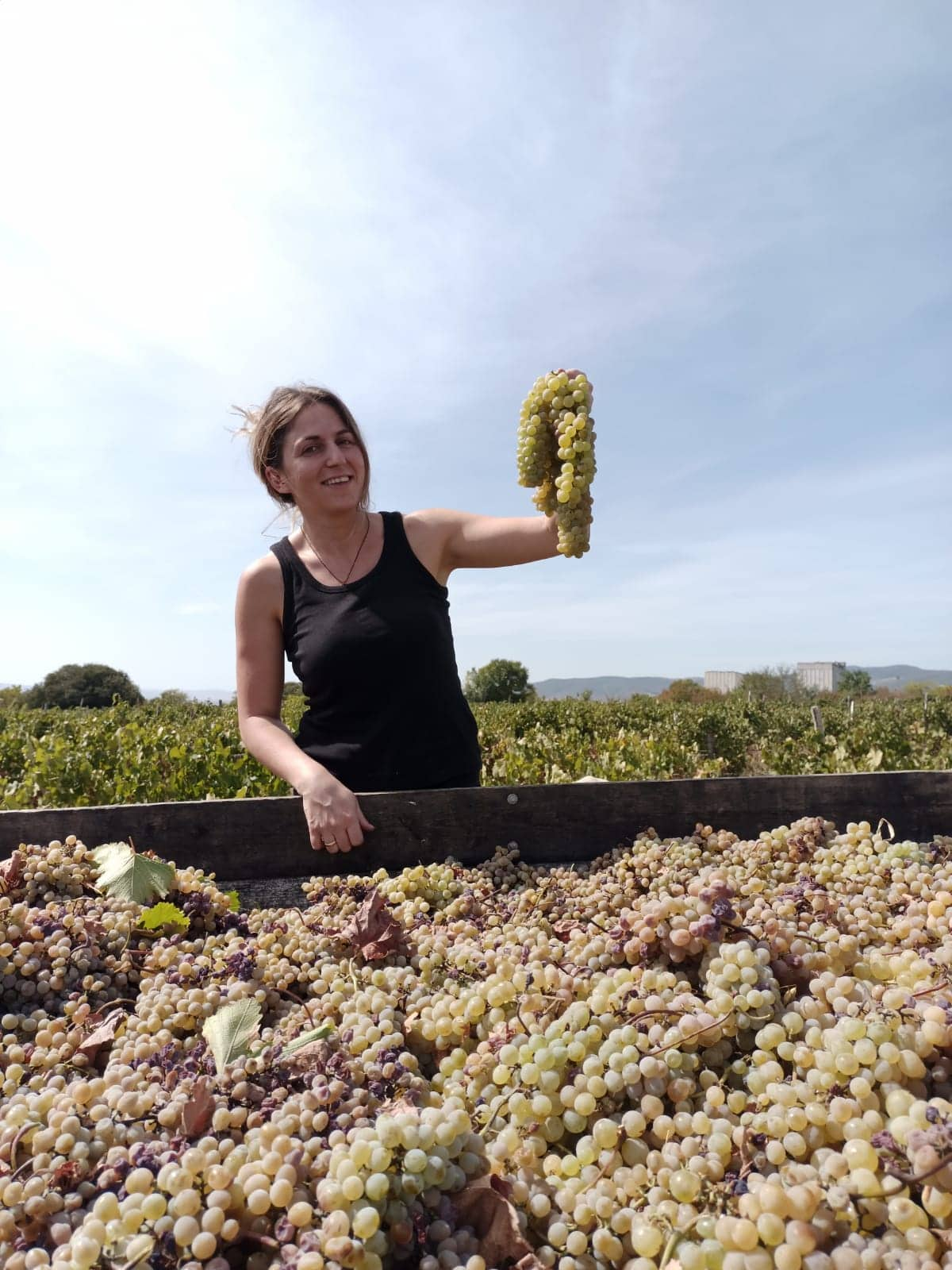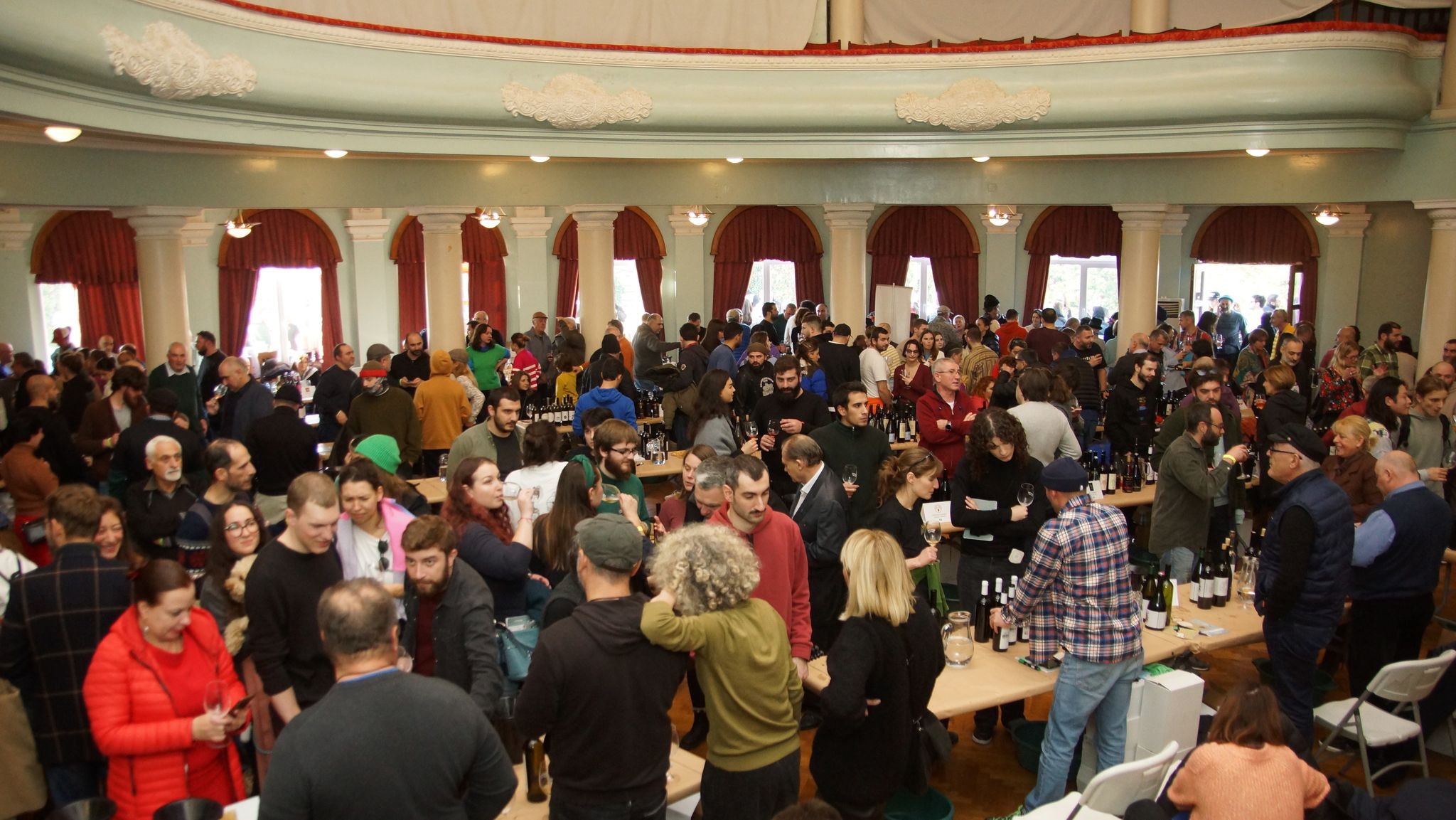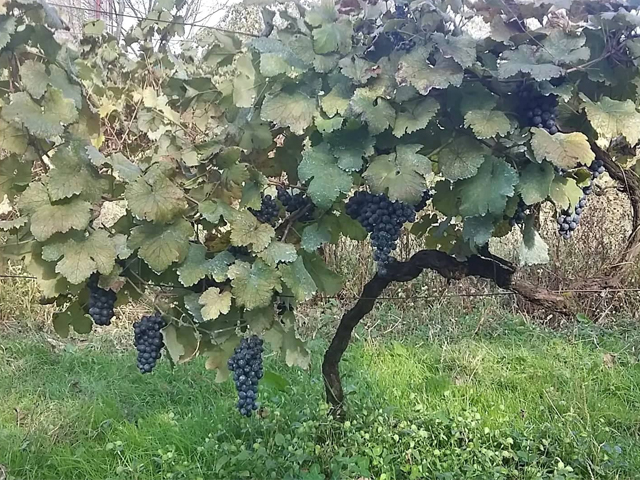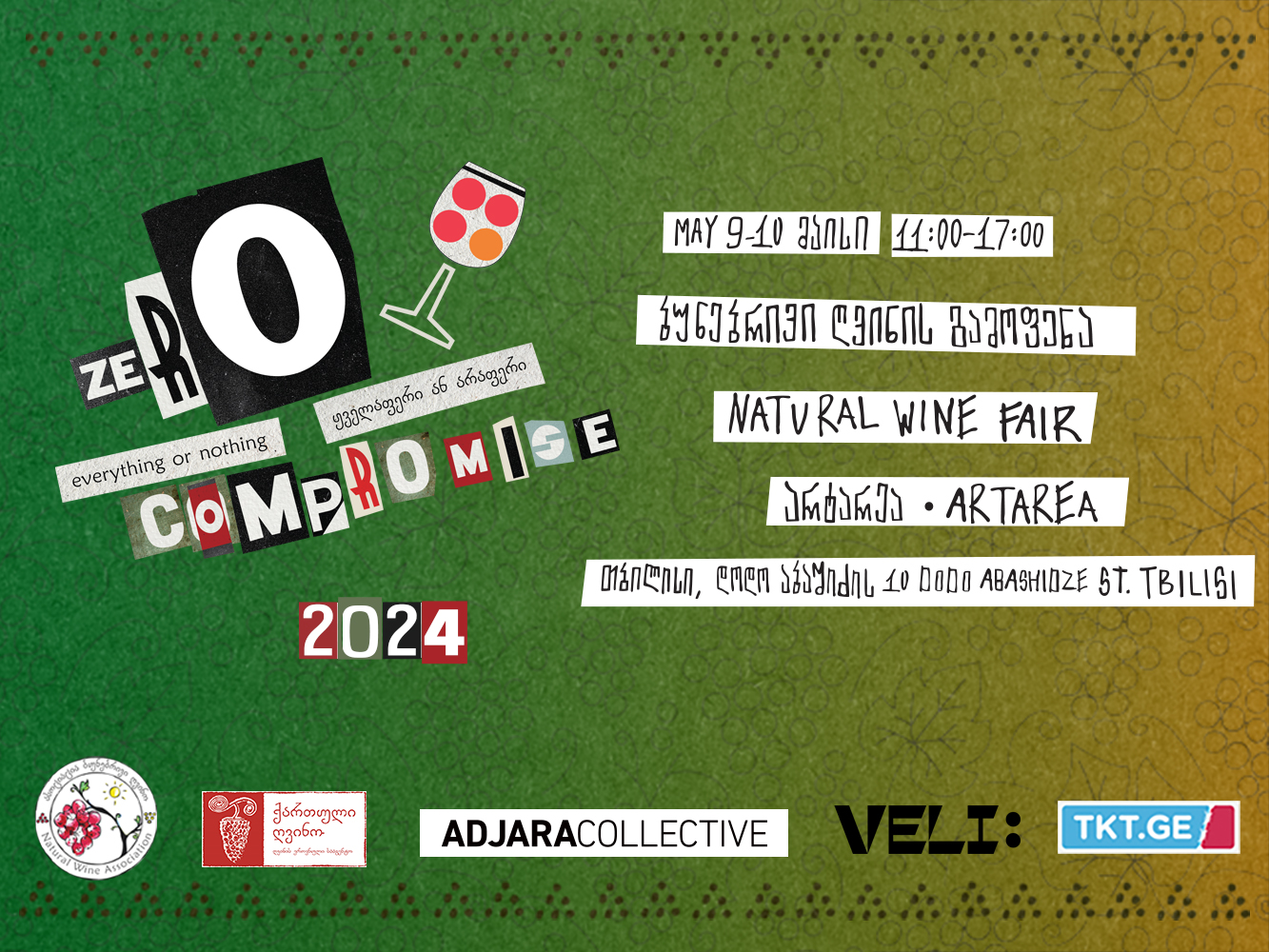News . 23-05-2024
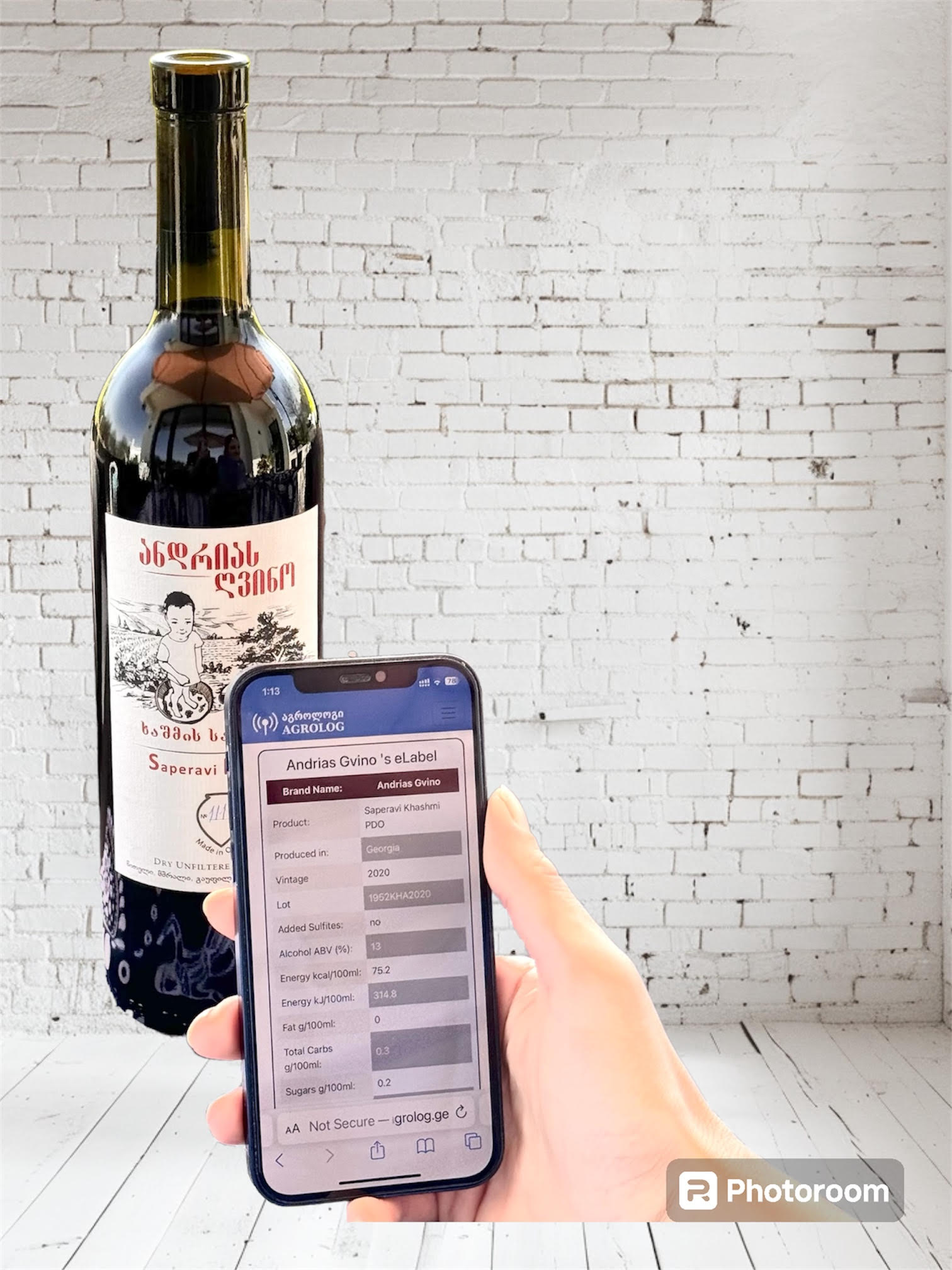
New EU Electronic Labeling Mandate and Latest Updates from Agrolog.ge
George Wolski’s Blog
[Andria’s Wine]
According to the new regulation of the European Union, the labeling rules for alcoholic beverages have been changed. It has been determined that, in addition to the mandatory information already present on the label, allergens, composition, and the nutritional value expressed in calories and kilojoules must also be included. Furthermore, this information must be displayed on 24 official languages of the EU countries.
This bill was drafted a long time ago, but due to strong opposition from winemakers and their lobbyists, its implementation was delayed. However, the date was finally set - December 8, 2023.
By law, all wines bottled and labeled after December 8, 2023, will be subject to the new labeling rule.
Questions have arisen regarding which wines the new rule will necessitate - does it apply to old wines as well, or only those produced after December 8, 2023? The answer to this question is unequivocal: the law does not specify the year of harvest or the type of wine; rather, it designates December 8 as the critical date for bottling and labeling. Consequently, this new rule applies to wines bottled or labeled after this date, regardless of whether the wine is from the 2023 harvest or as far back as 2010.
Considering that the new rule requires winemakers to include quite extensive information on the label, information that might not even fit on a traditional label, the law has permitted a new, innovative approach to labeling. Thus, a new generation of labeling was born: the electronic label.
The electronic label is an innovative method of labeling. Only a QR code will be placed on the printed label. Upon scanning the QR code, the user will be directed to the electronic page of the label, where all the mandatory information can be read. This means that winemakers will be relieved of the obligation to include a vast amount of information in different languages on a paper label, simplifying the process significantly.
One of the service websites for the electronic labeling system is www.agrolog.ge. This website is also very convenient for winemakers. The winemaker enters information in their preferred language, and the system automatically translates this information into the language preferred by the user (the 24 official languages of the European Union). Additionally, the portal features an algorithm for automatic calculation of nutritional value as well. This means that winemakers will no longer need to conduct additional laboratory analyses for those parameters and will be able to comply with EU legislation for their wines using the existing standard laboratory analysis.
It should be noted that accredited laboratories operating in Georgia charge winemakers an additional fee of 30 to 70 GEL per wine to determine these additional parameters. “Agrolog” offers the most affordable services among the companies on the market. The price of the basic package is only 100 GEL per year and includes 15 wine label names. Moreover, the first two months after registration, this service is completely free.
Many winemakers have wondered why they should use the electronic labeling system offered by Agrolog and other companies when most producers have their own websites and can post information themselves. This question has two answers: legal and technical. The legal answer is provided in the text of the regulation itself. Specifically, the law prohibits so-called user tracking and redirecting the user to a page where marketing or sales content is posted. Therefore, it is not permissible to add this information to e-commerce sites, to increase brand awareness, or even on the manufacturer’s information page. The technical answer refers to the difficulty manufacturers will face in translating posted information into 24 languages, as well as keeping up with ever-changing regulations and constant updates.
The website www.agrolog.ge, in addition to offering an electronic labeling system, also provides remote temperature control for cellars, warehouses, refrigerator rooms, wine fermenters, and qvevris. With the implementation of special equipment, you will be able to not only remotely monitor temperatures within your enterprise, such as in different tanks, qvevris, or storage rooms, but also adjust the temperature from any location at any time.
The company also plans to begin producing portable weather stations in the near future. These stations, which will be installed in vineyards and on various farms, will measure local environmental data and based on the data derive very accurate weather forecast for specific location, and finally send alert messages to farmers’ phones about expected weather changes. Additionally, they will alert farmers for increased risks of disease development and offer recommendations for treatment operations.
Furthermore, the company is committed to addressing various challenges in the agro-industry by introducing innovative services.
